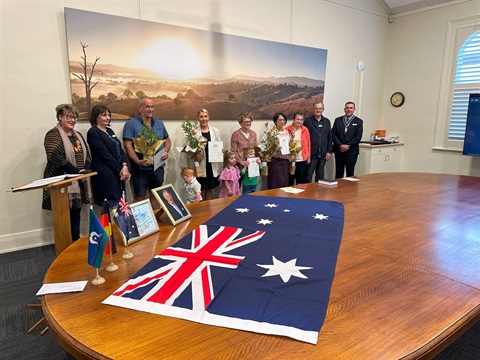New research released today from the Australian Secondary Students Alcohol and Drug Survey (ASSAD) confirms students rapid uptake of vaping and paints a concerning picture of increasing susceptibility to take up smoking the first time observed in this Australian data for more than 30 years.
Cancer Council Victorias Centre for Behavioural Research in Cancer conducted the research and found a large increase in vaping among Australian adolescents, with past-month use quadrupling over the past 5 years.
Head of the Centre for Behavioural Research in Cancer, Professor Sarah Durkin explained that along with these large increases in vaping there were increases in smoking susceptibility amongst all age groups, from 11.1% in 2017 to 15.3% in 2022/23. Smoking susceptibility among students who have never smoked is widely accepted as a strong predictor of young people experimenting with smoking. The earlier a person starts experimenting with cigarettes, the greater their chance of becoming a regular long-term user.
ASSAD 2022/23 is the largest national survey of adolescent substance use in Australia. Last conducted in 2017, the most recent survey which ran over 2022 and 2023 included more than 10,000 Australian secondary school students aged 12-17 years. This five-year period saw significant disruption from COVID-19 and the proliferation of disposable vaping products in Australia.
These data show that vaping is rapidly increasing among Australian adolescents with now almost one-third [29.9%] having ever tried it. Studies that track young people over time find that those who vape are around three times as likely to take-up smoking later. So, while tobacco control over decades has driven down adolescent ever smoking to 13.5% in this latest survey, it would be unwise to ignore the significant increase in the proportion of 1217-year-olds who are susceptible to smoking.
We also need to intervene before occasional smoking or vaping becomes regular use. Currently just 2% of students smoke at least weekly and only 5% have vaped at least 20 of the past 30 days. So, we have a small but rapidly closing window to act to prevent those children who are experimenting from going on to face a lifetime of nicotine addiction and health harms, Professor Durkin added.
Cancer Council Australia CEO, Professor Tanya Buchanan, noted that whilst these data are concerning, they also underscore the importance of comprehensive policy to prevent and reduce smoking and vaping.
Young people dont want to smoke. Theyve grown up with graphic health warnings and plain packaging so think smoking is unattractive. They also consider vaping to be an entirely different behaviour to smoking but may be unaware that they are three times as likely to take up smoking if they vape.
However, theres a harmful and powerful industry intent on luring them into a lifetime of nicotine addiction. Thankfully, the Federal Government in combination with governments in all states and territories have committed to strengthening and enforcing the prescription pathway to restrict access to vapes, which will protect children, young people and people who dont smoke from the
harms of e-cigarettes, Professor Buchanan explained.
From January 1, 2024, the Federal Governments ban on the importation of disposable vapes will come into effect, alongside measures that will make it easier for doctors to prescribe e-cigarettes in the limited instances where it is clinically appropriate to people looking for support to quit smoking.
The Federal Government announced that it would introduce further measures to Parliament, designed to support enforcement at every step of the supply chain and reduce access to e-cigarettes outside the prescription pathway.
These reforms will support the Australian Border Force, the Therapeutic Goods Administration, police, and other relevant agencies to work together to stop these products coming into the country and being easily accessible to children. Theyll also help make vapes far less appealing to young people.
Cancer Council encourages all members of Parliament to support the upcoming evidence-based reforms to put the health of our communities first, concluded Professor Buchanan.








